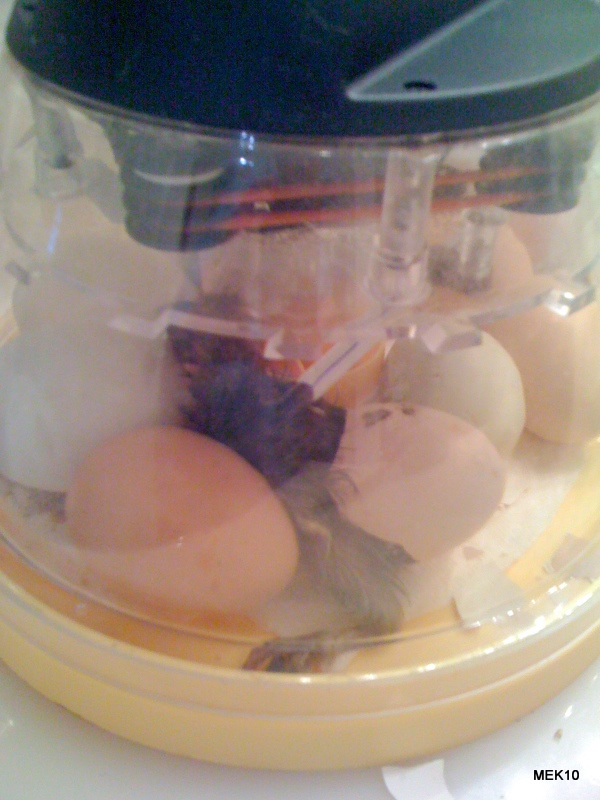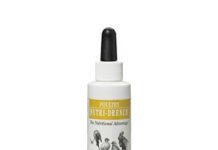Got two questions actually, first would a hive be disturbed by a pool pump?? The spot that would be perfect for them in my yard is behind my pool pump, would the noise and vibration of the pump set them off??
Second question is I am cultivating a colony of Black Soldier Flies for composting. Will the presence of a BSF colony put off a bee hive?
 I will answer your second question, first. I have never head of BSF bothering bees. Those funny-looking larvae are all over the Urban Homestead’s compost bins and they have never been observed affecting the bee hives in any way.
I will answer your second question, first. I have never head of BSF bothering bees. Those funny-looking larvae are all over the Urban Homestead’s compost bins and they have never been observed affecting the bee hives in any way.
But since our goal here is to inform and educate with fact, I took to the web to track down why you might have thought BSF bother bees. In my research, I found several references that refer to the BSF page at Wikipedia as the main source of this idea. Several people informed me that earlier versions of Wikipedia’s page about BSF stated that “The larvae can be destructive pests in honeybee hives.” I’ve searched the web for evidence that this is a true statement but I have found none.
It is suggested that the error happened because of reports that BSF larvae have been found in abandoned beehives. That is very likely since it would make sense that BSF larvae would simply view a decaying beehive as something else to compost. This is a very different scenario than the larvae being pests.
Several people at different Beekeepers Associations were also unaware of any issues caused by BSF and never consider the BSF a pest or a problem.
Regarding noise and vibration. Bees are actually very adaptable. They also “hear” sound through vibrations captured by their tympanic organs, which are holes with a thin, drum-like membrane stretched across and is located in the abdomen. Their feet and antennae can also feel some vibrations, but the tympanum is the main “ear” for a bee.
Most beekeepers always suggest keeping your bees away from vibration sources such as freeways, busy cities, constant movement or activity etc. But the Urban Homestead’s bees are located in a place that practically fails in what is “ideal.” They reside in a busy city, near a freeway, a fish pond pump, constant foot traffic, a slamming back door and a house that is anything but quiet and calm as there’s always some commotion or other.
In addition, some wild bee hives can also be found in the most unlikely of places. This leads me to believe that bees are very adaptable. Put your bees in your desired location and watch for a couple of days … if there is a nearby reoccurring noise or a vibration, it is very likely that the bees will soon sort it all out and ignore it… finding the sound of their home and hive without a problem.
Most authorities say that killer bees are often known to be “set off” by vibrations so perhaps if your domesticated bees don’t feel threatened, your pool pump will just be regular background noise just as our pond pump and perpetually chaotic house has no effect on our hives.
Some closing advice… whether you live in the city or a rural area, the most important thing to remember about honey bees is that they prefer a straight flight path. You should locate your boxes where the bees have at least 6 feet or more of unobstructed flight path when they leave the hive and that the flight path doesn’t put them directly on a collision course with a children’s playing area, a well-used walkway and access point or a busy street.
Good luck with your bees and I really hope this information provided you with some assistance.












Thank You for the answer, I’m so happy that my beloved bugs won’t bug my BEE’loved bugs!! 🙂
Steve in Fresno